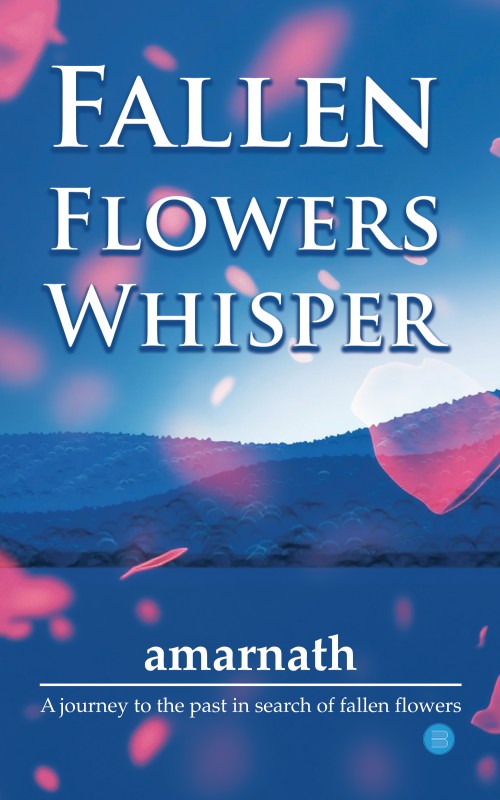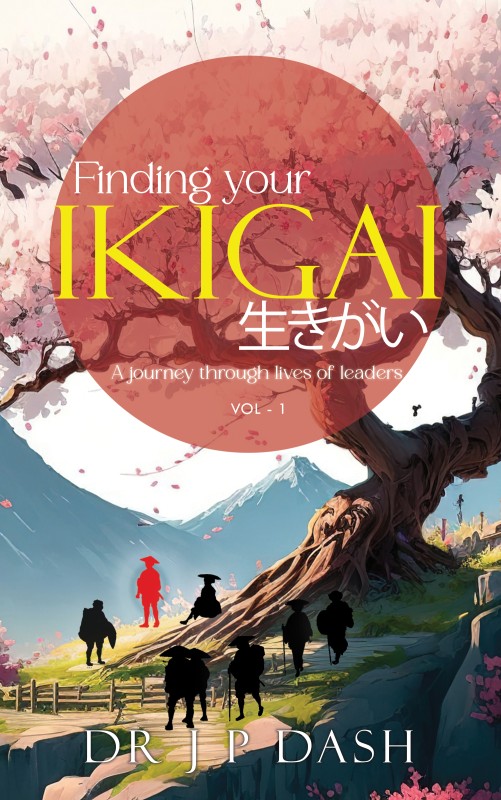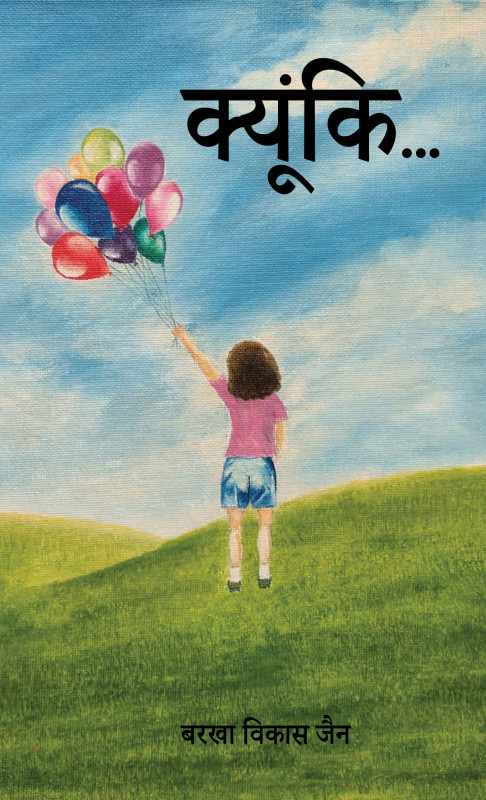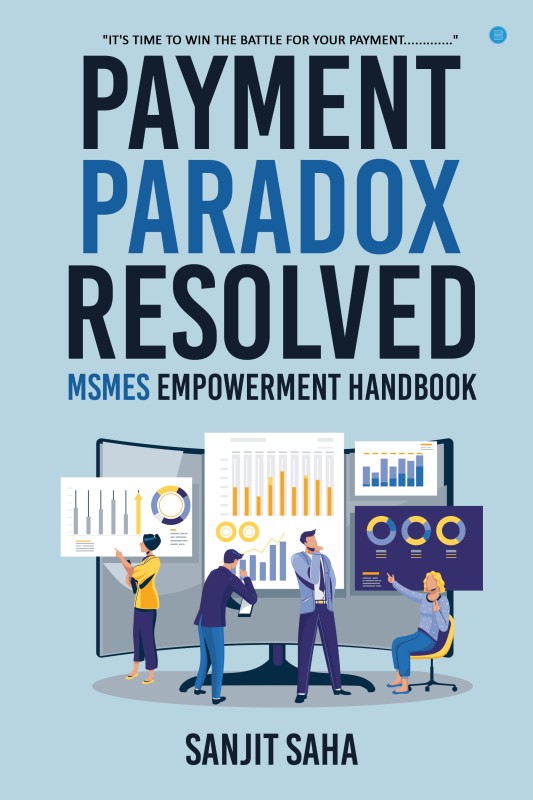Book Details
- Language : English
- Pages : 149
- ISBN :
- Genre: NON-FICTION
- Size : 5" x 8"
- Binding Type : PAPERBACK
- Age Group: + Years
- Paper Type : WHITE PAPER
- Interior : BLACK & WHITE
- Cover : GLOSS FINISH
- Book Type : EBOOK
- Tags :
-
Best Sellers Rank :
#2542 in Non - Fiction
#10441 in Global
Reviews
-

Aneish
23-06-2025Fallen Flowers Whisper Compelling Introduction Picture yourself entering a quiet courtyard in early dawn. A single flower petal drifts to your feet—fragile, fleeting. Suddenly, that small gesture becomes a swirling portal to every memory you’ve ever buried. This is *Fallen Flowers Whisper*, where Amarnath transforms the everyday into a tapestry of reminiscences and revelations. From the very first line, you're walking beside the author in the soft corridors of memory, every scent and whisper a portal to longing and belonging. 1. Storytelling That Feels Like Breathing Rather than a conventional narrative, this memoir is a collection of vignettes—delicate, resonant moments woven around a central motif: the fallen flower. As the blurb reads: “What happens when the fragrance of the past lingers longer than the present? …At the heart of it lies a single bloom, a fleeting encounter and a life forever changed.” ([play.google.com][1]) Each chapter is more like stepping into an impressionist painting: light, hazy outlines that leave space for your own feelings to bloom. It’s personal yet expansive—your story filling the gaps. 2. Themes That Breathe The heart of this memoir beats with three central themes: *Memory and Nostalgia*: A fallen flower becomes a key that unlocks distant corners of childhood, lost friendships, homes left behind. *Exile and Identity*: The sense of being unmoored, of returning to places never fully your own—even within your own mind. *In-Between Spaces*: Not quite past, not yet present, hovering in soft limbo where you feel every nuance of pain and wonder. Amarnath doesn't lecture on these themes—he invites you in. And in that invitation, you realize you’ve been here too. 3. Poetics of the Ordinary Amarnath’s prose is spare, shimmering—like morning dew on jasmine. He doesn’t describe a flower; he pulls you into its scent: the damp stone walls, the heady sweetness on your skin, the ache of knowing it’s almost gone. It's not just writing—it’s conjuring. 4. Structure & Flow Each piece unfolds slowly, building quietly toward well-earned emotional moments. An early memory of exile might end in a silent afternoon; a joyful reunion might finish with the rustle of leaves. These aren’t plot twists—they’re quiet waves. If you’re expecting fireworks, this book won’t deliver them. But if you crave smoldering embers that glow long after the page closes, this is exactly your kind of memoir. 5. Emotional Impact This book is an invitation to feel softly. You're never overwhelmed—no sudden heartbreaks or dramatic turns. Instead, it’s a gentle ache, a tug at old wounds you thought were sealed. A petal falls off the page, and you feel it. By the final chapter, you’re left with a sense of calm sorrow—and the knowledge that memory itself is an act of love. Highlights Worth Noting 1. Intimate Moments – A quiet springtime reflection on a lost sibling, a muted lamp-lit room with your childhood scent—Amarnath finds universality in the personal. 2. Sensory Immersion – Every scene hums with tactile details: the weight of wet leaves, the crunch of gravel underfoot, a stray breeze that carries laughter. 3. Philosophical Simplicity – He asks deep questions without fanfare: *Why does memory hold on when life moves on?* You arrive at your answers, guided gently. 4. A Bloom as Witness – The recurring flower motif is beautifully subtle. Each fallen bloom resonates differently—comfort, grief, regret, acceptance. Who it’s for If you're drawn to *Rilke’s meditations* or *Knausgård’s stillness*, this memoir speaks your language. It’s a book for: *Dreamers & Reflectors* who prefer slow turns of life’s wheel. *Fans of lyrical memoirs* where feeling outweighs plot. *Lovers of sensory nooks*—quiet rooms, rainy afternoons, moments just before dusk. It’s less about *what* happens and more about *what’s felt* in the aftermath. A Few Gentle Caveats * If your soul craves drama—plot climaxes, major revelations—you might find this format too subdued. * The non-linear structure can sometimes feel meandering, but it’s intentional: memory never marches straight. Final Thoughts Fallen Flowers Whisper is more than a memoir—it's a meditation. In its quiet spaces, you find something hauntingly familiar: the scent of your own past, the fleeting beauty of days gone by. It’s a book that lingers in your memory long after the final page turns. Wrapping It Up If you’re ready for a softly luminous read—one that invites you to pause, breathe, and feel—let *Fallen Flowers Whisper* nestle into your heart. Treat yourself to its reflective embrace, and you’ll come away touched by the delicate art of recollection. -

 USD
($)
USD
($) AUD
($)
AUD
($) CAD
($)
CAD
($) EUR
(€)
EUR
(€) HKD
($)
HKD
($) GBP
(£)
GBP
(£) SGD
($)
SGD
($)







